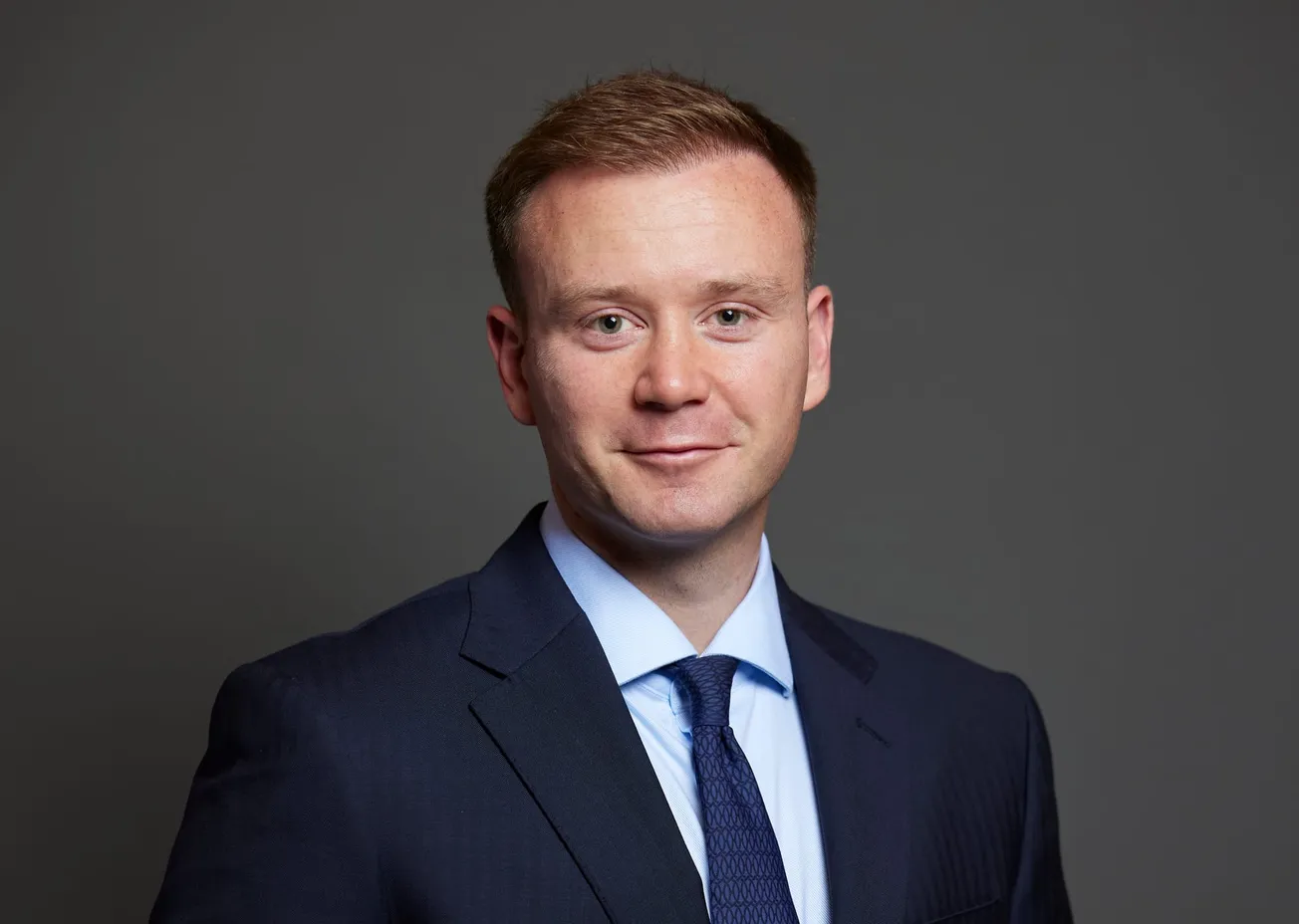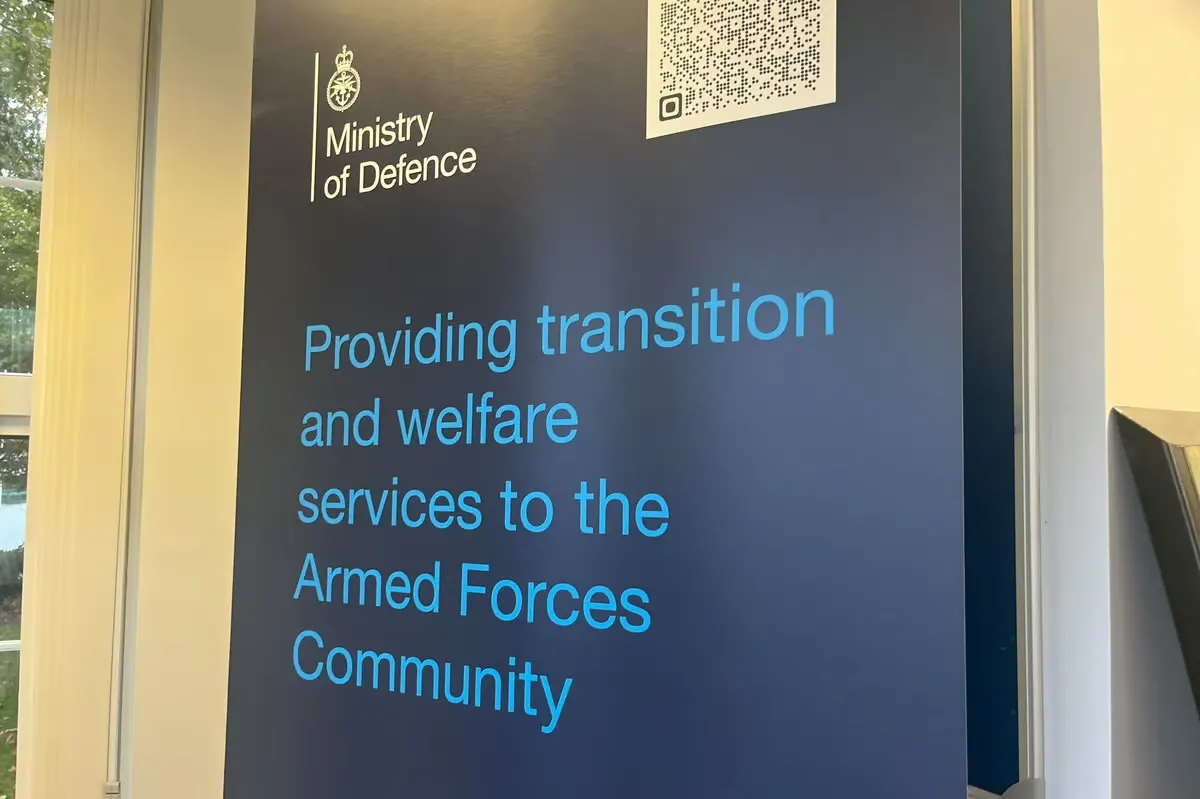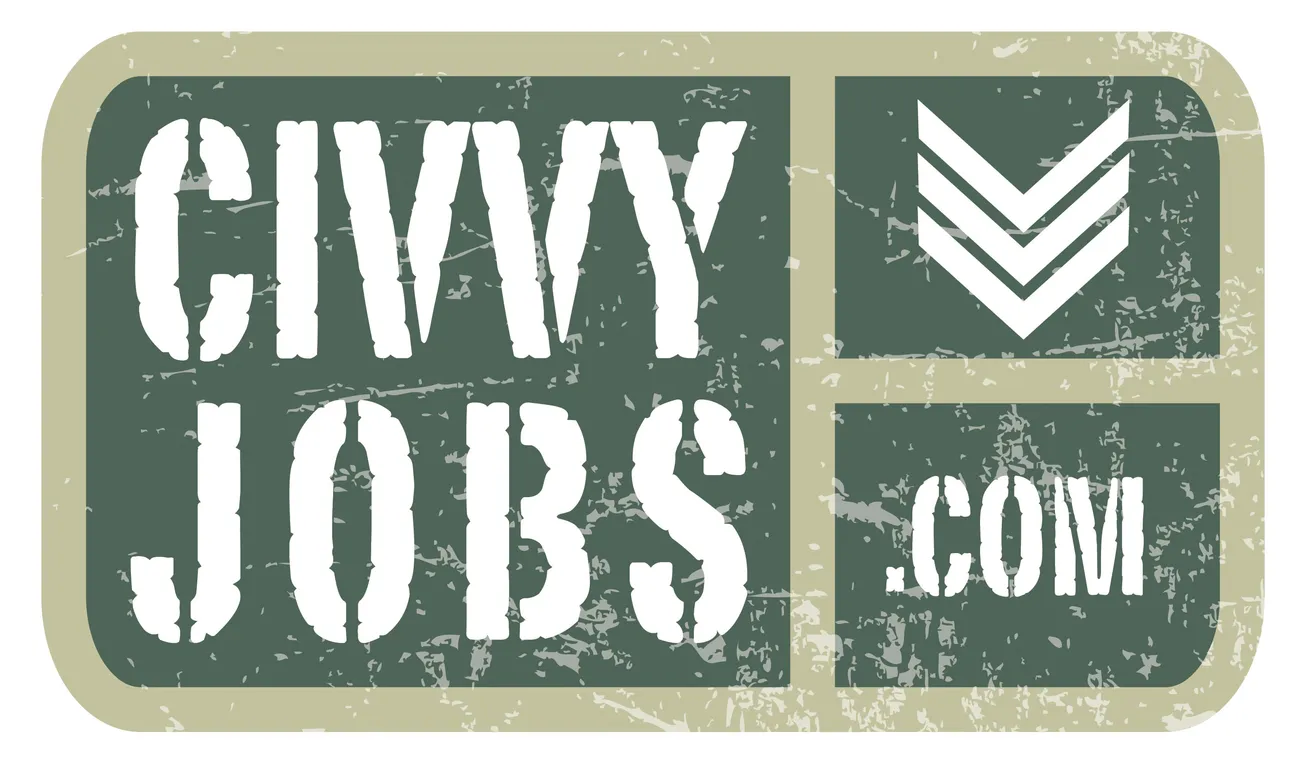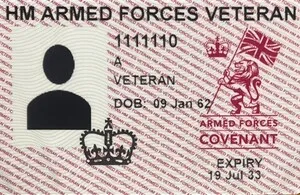Table of Contents
Fred Thomas MP is part of a new wave of politicians who bring something different to the benches at Westminster - real-life experience from the Forces. A former Royal Marines officer, he stepped out of uniform and into the world of politics with the same sense of purpose that first led him to serve.
Now representing Plymouth Moor View, a constituency with deep military roots, Fred is making his mark not just as a politician, but as a voice for veterans, public service, and pragmatic leadership. In this interview, he speaks candidly about his own transition, the value veterans can offer in civilian life, and why the corridors of power could benefit from a few more ex-forces boots on the ground.
Whether you’re considering a second career in politics, struggling to find where your skills fit, or just curious about life after the military, Fred’s story offers insight, encouragement, and a reminder that service doesn’t end when you hang up your kit.
From uniform to Westminster — what motivated your leap from military service into the world of politics? Many veterans struggle to see how their skills transfer. What was your turning point, and how did you make sense of the shift?
The same sense of public service that drew me to the military drew me to politics. While I was serving, it was frustrating seeing just how much people were struggling, whilst the Government did nothing about it. The military teaches you service, teamwork, and resilience—politics needs all three. Decisions made in Westminster affect those on the ground, and I wanted to be part of that decision-making.
There’s a growing conversation about veterans entering public life. Do you think more ex-forces personnel should consider politics? What do they bring to the table? Do you believe there’s a “veteran advantage” in leadership, discipline, or strategic thinking?
Absolutely! The military gives people loads of transferable skills. We’re used to handling pressure, making tough calls, and working with people from all walks of life. That’s invaluable in politics.
What parts of your military background have helped you the most in Parliament — and which bits took a bit of unlearning? How does a Marine’s mindset stack up in the corridors of power?
Politics is very reactive. The Marines taught me to cope with pressure and adapt quickly. It's a vastly different context, but this mindset has definitely helped me when answering an unexpected question on TV news. But in the Marines, everything is clear, concise and to the point. In politics, it’s often the opposite. I expect I get more frustrated than other MPs by very long and unnecessary meetings.
You’ve spoken about modernising defence and supporting UK SMEs in that space. How can veterans play a part in shaping the future of defence outside the wire? Do you think the system currently makes enough use of veteran talent?
Veterans have the skills and experience to drive innovation, lead projects, and mentor the next generation. We should be using that more—whether in defence tech, policy, or industry. SMEs are a great way in, and I’ve met many fantastic veterans who’ve set something up to fill a gap they noticed. But some service leavers find it a lot easier than others. We need better pathways to connect veterans with the opportunities that are out there.
You left full-time service in 2023 and joined the Reserves — was staying connected to the military important to you during that transition? Many veterans wrestle with leaving a tight-knit community. How did you handle that identity shift?
Leaving full time service was a big shift, but staying in the Reserves helped. I’ve got a good group of other newly elected veterans in Parliament. Going through that same transition together has been helpful.
What advice would you give to a service leaver today who’s unsure about what’s next?
Take your time- there’s no rush to have it all figured out. Your skills are valuable, even if they don’t come with a direct civilian job title. Reach out to networks, ask for advice, and don’t be afraid to try something new.
Beyond politics, what keeps you grounded — and what legacy do you hope to leave for the veteran community? Do you feel a responsibility to represent ex-forces voices more broadly?
Family, friends, and sport keep me grounded. I feel a responsibility to stand up for everyone in my constituency of Plymouth Moor View, and be their voice in Parliament, whether they have served or not. Plymouth has a lot of veterans and a big defence industrial base, so that has become a big part of my work.







